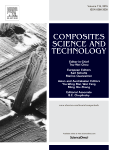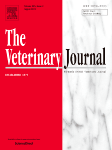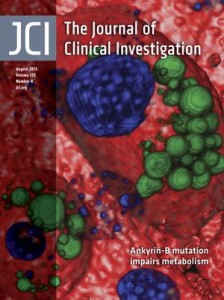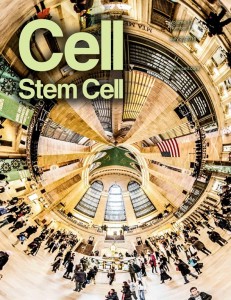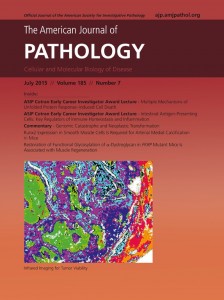 A group of researchers conducted a clinical trial on hundreds of hypertensive patients. Then, they published the results…six times.
A group of researchers conducted a clinical trial on hundreds of hypertensive patients. Then, they published the results…six times.
The “nearly identical” papers came to our attention via a retraction in Inflammation. Editor in chief Bruce Cronstein explained how he learned of the mass duplication:
The editors were contacted en masse by somebody doing a Cochrane Review on hypertension and who noticed that the content of the 6 papers was nearly identical. Frankly, not one of us would have noticed otherwise.
Another of those papers, in the European Journal of Pharmaceutical Sciences, has also been retracted. That note is similar to the retraction notice for the Inflammation paper, both of which have been cited twice:
Continue reading “Exactly the same clinical study” published six times
